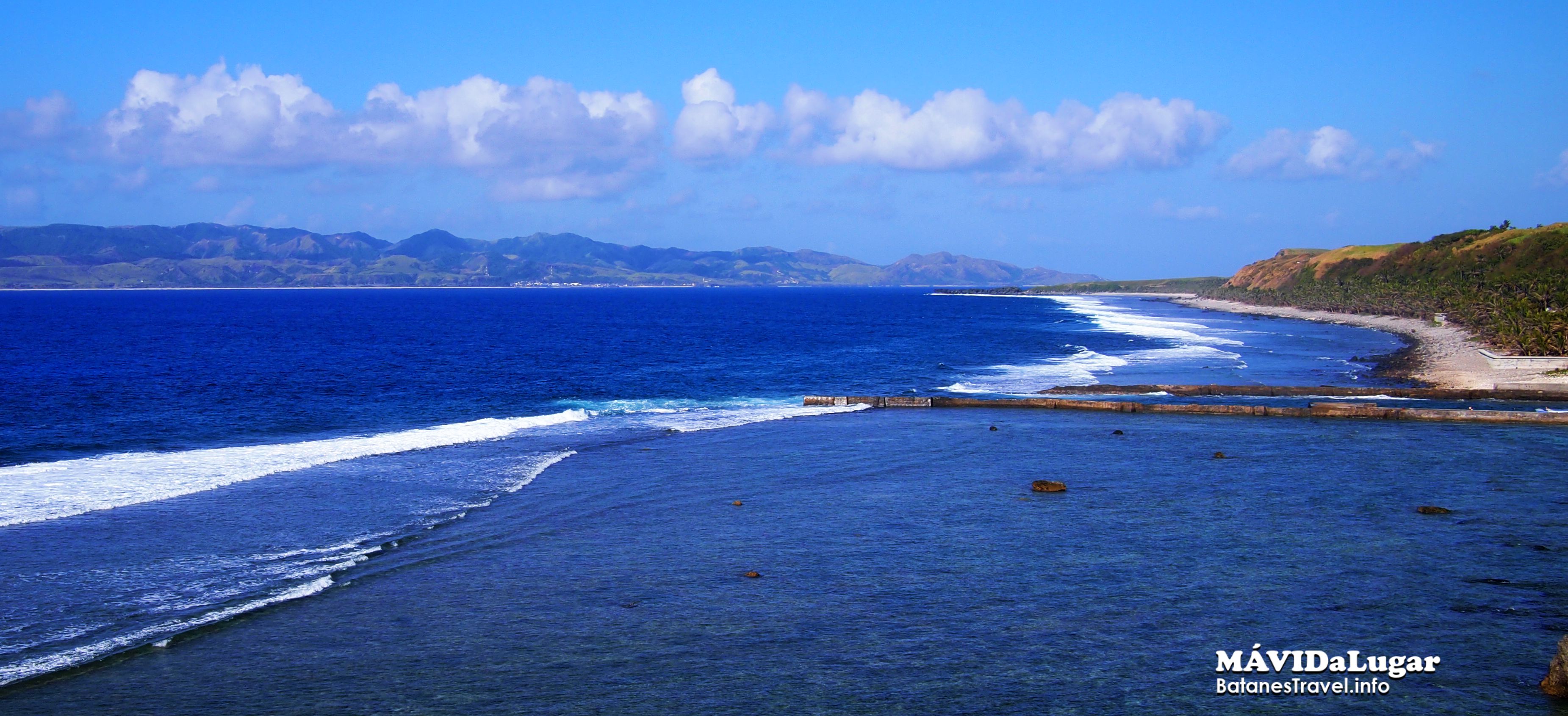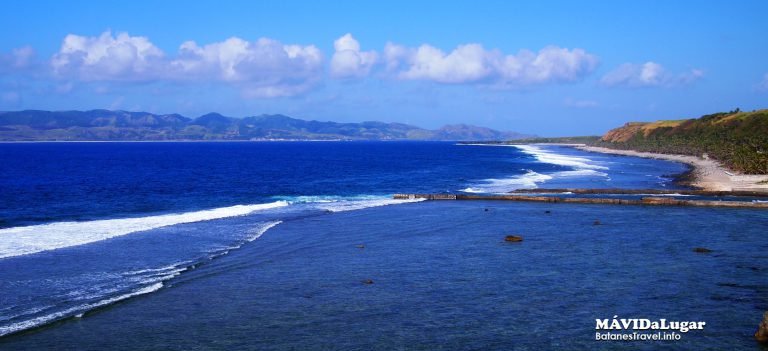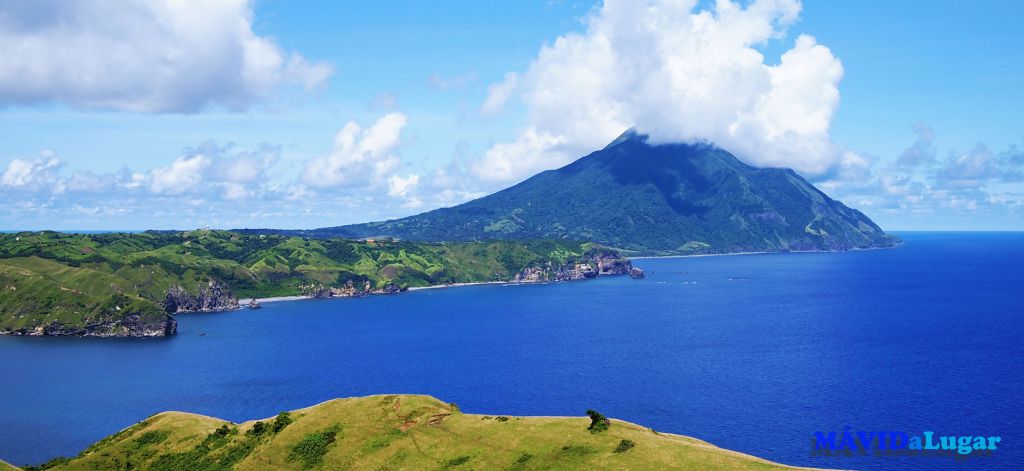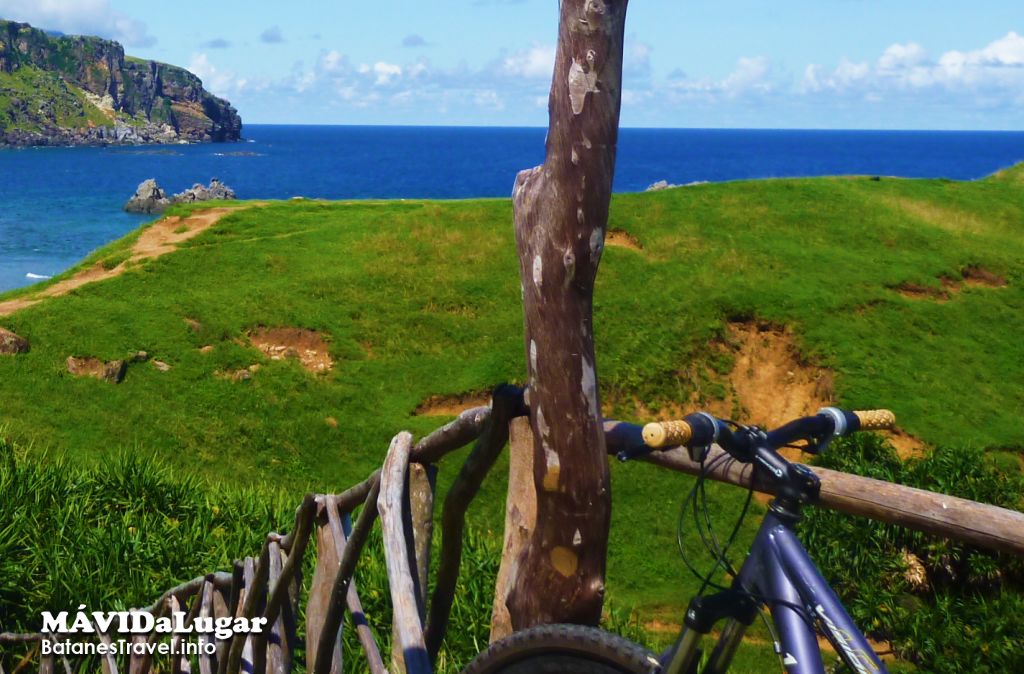What Can We Do To Help Preserve the Environment of Batanes and Beyond
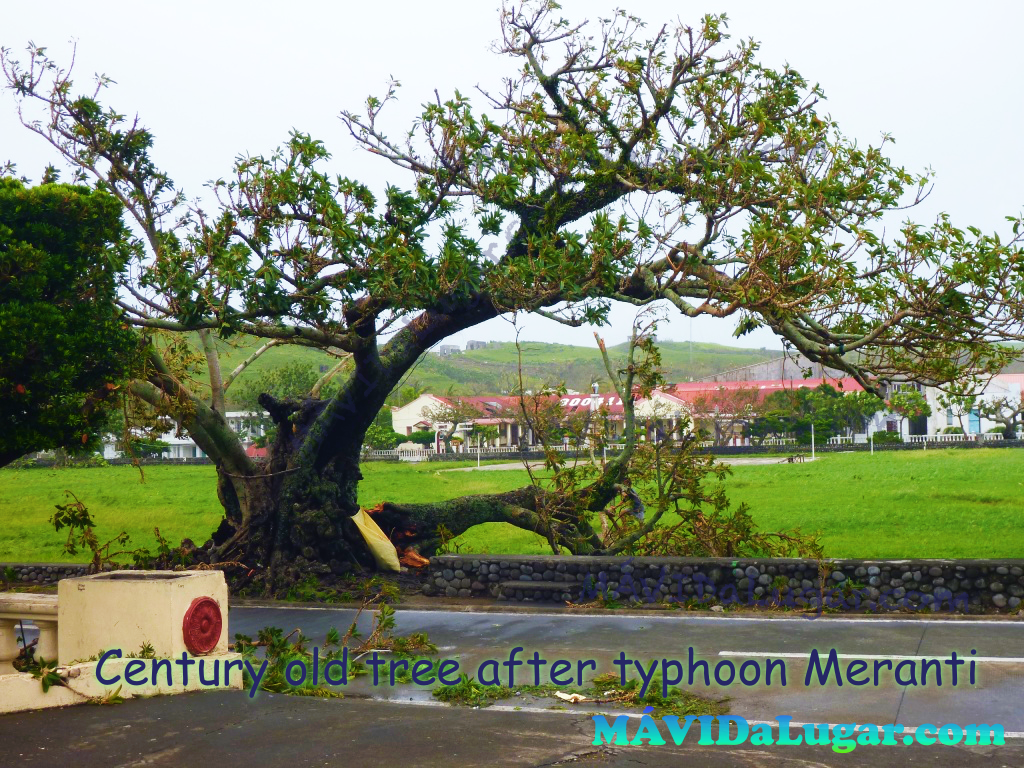
On September 13 – 14, 2016, Batanes was directly hit by super typhoon Ferdie, one of the strongest typhoons that hit Batanes on record.
On November 8, 2013, super typhoon Yolanda plowed through the Visayas region. 6,340 people died and 1,061 remain missing or presumed dead.
On Sept 29, 2009, typhoon Ondoy crossed Central Luzon. This typhoon brought one of the heaviest rains on record to Metro Manila — 455mm of rainfall in a 24-hour period. That is the average rainfall in a month! It brought flooding for a week in Metro Manila. Estimated damages reached 48 billion pesos.
Droughts were happening in California, USA during the same year that Yolanda hit the Philippines.
In August 2018, heavy flooding occurred in the Aude region of France.
Sea levels have risen by 20 centimeters and threatening low lying areas like New York, Melbourne, Dakar, and Manila among others.
Our very own province of Batanes is in the tropical typhoon path and it is inevitable that we will experience stronger typhoons in the future.
All of these extreme weather patterns occurred in the last decade and according to scientific evidence gathered by Climate Reality Project headed by former US Vice President Al Gore, human beings contributed to these disasters.
What human activities are contributing to these disasters?
The main culprit is carbon pollution – our use of fossil fuels like coal, oil and natural gas. Use of these fuels results in excessive carbon pollution. Carbon pollution in our atmosphere traps the heat from the sun resulting in a warmer earth – this is called the greenhouse effect. To imagine the greenhouse effect, it’s like sitting in a closed tent on a hot day.
The same effect is happening to our earth, carbon pollution is acting like a closed tent where carbon pollution has nowhere to escape. The warmer the earth gets, ice in the north and south poles evaporate faster and circulation of water evaporating and then falling as precipitation increases in volume resulting in flooding in some parts of the globe.
All of these is due to excessive carbon in our atmosphere. And what is causing this excessive carbon? The burning of coal, oil and natural gas by humans.
The top polluters in the world are:
- Electric Power plants – the electricity of Batanes is powered by diesel plants. About two-thirds of the Philippines is powered by coal and diesel. The rest of the world also use these same fuels in a varied amount. We as consumers of electricity are paying these industries money also to power our homes so we are very much responsible for all these.
- Vehicles around the globe using gasoline and diesel – cars, jeepneys, buses, motorcycles, airplanes are mostly burning fossil fuel.
- Factories that process food are major contributors also because they use machinery for their factories to manufacture many of the food we buy these days. They then use airplanes, ships, and trucks to transport these to us.
We are all users of the above in some way or another. We must put a stop to these practices if we want to stop global warming.
What can we do to stop global warming?
- We stop or reduce usage of energy that comes from fossil fuels like coal, oil/diesel/gasoline, natural gas. Instead, use solar energy – free energy from the sun. If you want to know more about how to power your residence with solar power, please read this article about solar power that details how we can benefit from it.
- Walk or ride bicycles (instead of cars or motorcycles). It’s good for Mother Earth, saves us money, and keeps us healthy too.
- Eat locally produced organic fresh fruits and vegetables instead of imported processed food from outside of Batanes. Our vegetables in Batanes are very healthy and it is unfortunate that many now prefer to eat instant food (instant noodles, hotdog, cakes, bread, sugared drinks) bought from outside. By not eating foods laden with preservatives, we improve our health and we also stop supporting big businesses from destroying our earth. We should stop giving our money to those who harm the earth.
- Stop using non-biodegradable plastic. Many of our consumption is always associated with plastic and plastic harms the environment if not properly disposed of. Plastic is also made from oil which further encourages the use of oil which is a non-renewable resource.
- Please don’t patronize drinks contained in plastic, like “mineral” water, because the plastic containers end up polluting our environment. Besides, water sourced from outside of our province has no additional health benefit compared to the water we have here in Batanes. Besides, water in our faucets is very cheap.
- Plant trees – they absorb carbon dioxide and other pollutants from the atmosphere.
Several years from now, we will be judged by the future generation for what we did not do for them. Let’s do our part to make it a more livable planet.
— Galileo Valiente, Ivatan

